Title: Acid Reflux and Heartburn
Title: Acid Reflux and Heartburn
Introduction:
Acidity, often referred to as acid reflux or heartburn, is a common gastrointestinal issue that many individuals experience at some point in their lives. It can be uncomfortable and, if left unmanaged, may lead to more serious conditions.
Understanding Acidity
Acidity is a condition characterized by the regurgitation of stomach acid into the Oesophagus, causing a burning sensation in the chest, commonly known as heartburn. This occurs when the lower esophageal sphincter (LES), a muscular ring that separates the stomach and the Oesophagus, relaxes inappropriately, allowing stomach acid to flow backward.
Common Causes of Acidity:
Dietary Habits: Consuming acidic, spicy, or fatty foods, caffeine, alcohol, and carbonated beverages can contribute to acidity.
Obesity: Excess weight puts pressure on the abdomen, which can force acid into the Oesophagus.
Smoking: Smoking weakens the LES and impairs the body's ability to prevent acid reflux.
Pregnancy: Hormonal changes during pregnancy can relax the LES, leading to acidity.
Certain Medications: Some medications, such as NSAIDS (non steroidal anti-inflammatory drugs) and calcium channel blockers, can trigger acid reflux.
Common Symptoms of Acidity:
Heartburn: A burning sensation in the chest that often occurs after meals or when lying down.
Regurgitation: The feeling of acid or food coming back into the throat.
Dysphagia: Difficulty swallowing.
Chest Pain: Chest pain that can mimic heart-related pain, leading to unnecessary anxiety.
Cough: Chronic cough or a persistent throat clearing can be a symptom of acid reflux.
Management and Treatment
Lifestyle Modifications:Encourage patients to adopt a healthy lifestyle, including maintaining a healthy weight, avoiding trigger foods, not smoking, and reducing alcohol and caffeine intake.
Dietary Changes: Suggest dietary modifications like smaller, more frequent meals, and eating at least three hours before bedtime to prevent nighttime reflux.
Elevating the Head of the Bed: Elevating the head of the bed by 6 to 8 inches can help prevent acid from flowing into the Oesophagus during sleep.
Over-the-Counter Medications: Antacids, H2 blockers, and proton pump inhibitors (PPIs) can provide relief from occasional heartburn. However, their prolonged use should be supervised by a medical professional.
Prescription Medications: In severe cases, prescription medications may be necessary to control acid reflux and prevent complications.
Surgical Options: In rare cases, when medications and lifestyle changes are ineffective, surgery may be considered. Fundoplication, a procedure that reinforces the LES, is one such option.
Preventing Complications:
Long-term untreated acid reflux can lead to complications such as Barrett's esophagus, a precancerous condition, and esophageal cancer. Therefore, it's vital to monitor and manage acidity effectively to prevent these complication.
Home remedy for heartburn:
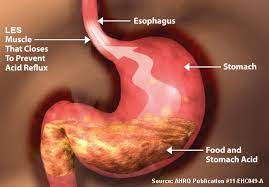
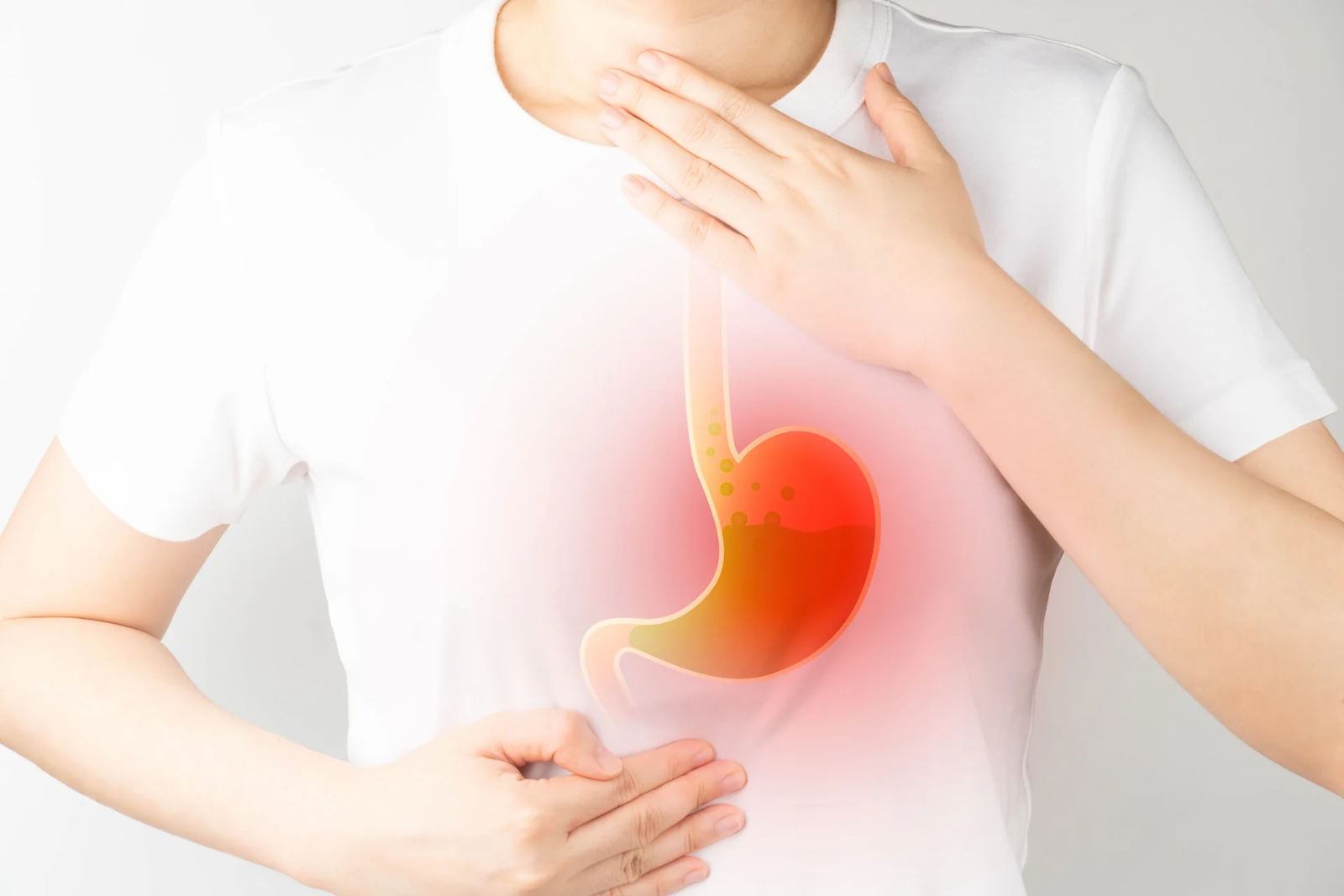


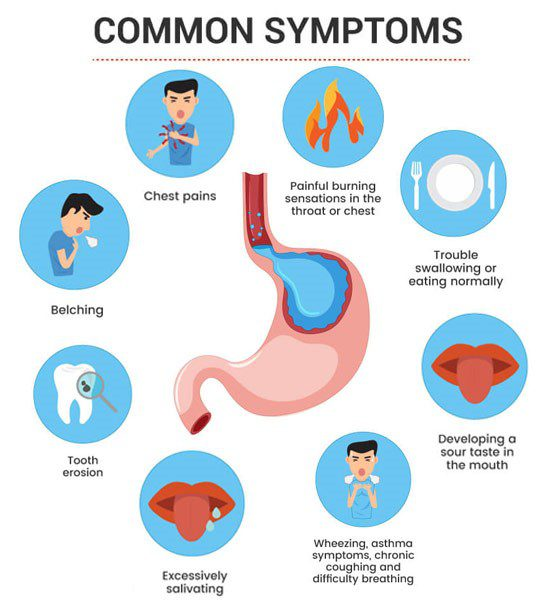
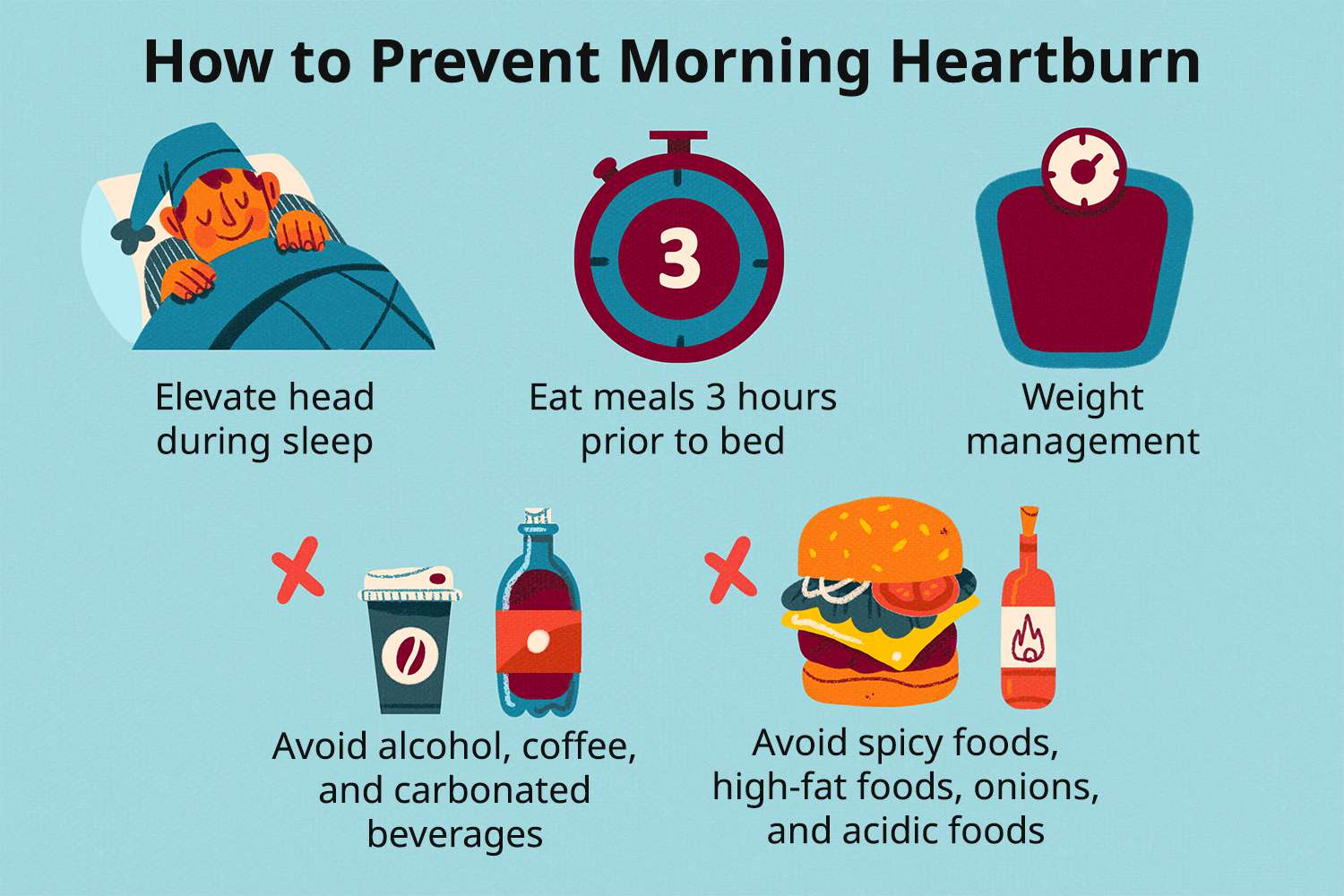

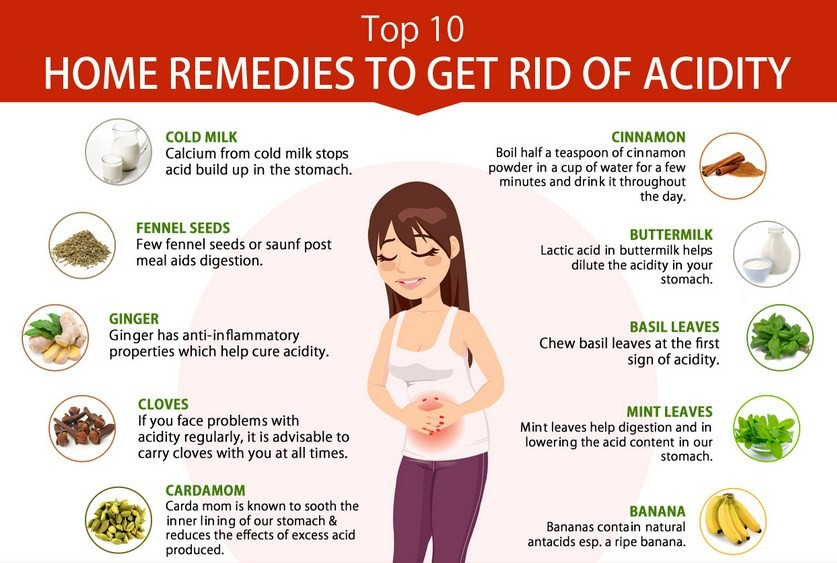

.jpeg)

Comments
Post a Comment